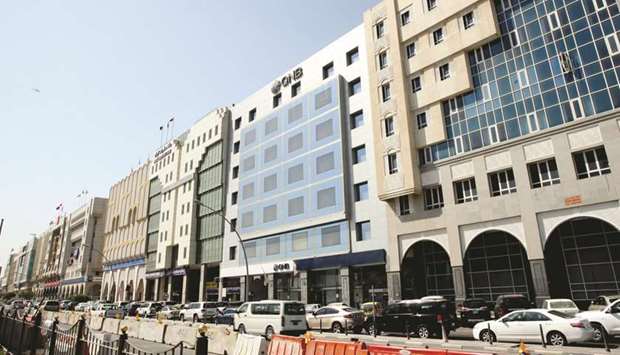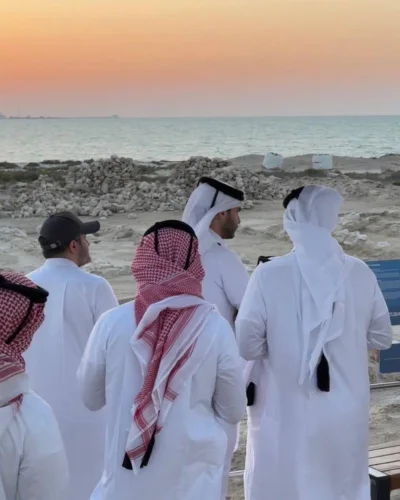Qatar’s credit profile (Aa3 stable) is supported by the government’s strong net creditor position, the country’s exceptionally high per capita income, and vast hydrocarbon reserves, Moody’s Investors Service said in an annual report.
Credit challenges include the government’s reliance on hydrocarbon-related revenue, which exposes the public finances to oil price declines, while the relatively large debt burden of the non-financial public sector carries some contingent liability risks.
“Moderate fiscal and external break-even oil prices have helped Qatar to withstand the oil price shock,” said Alexander Perjessy, a Moody’s vice president, senior analyst and the report’s co-author.
“Although the country’s economy still relies heavily on the oil and gas sector, non-hydrocarbon growth has been a key growth driver.”
The stable rating outlook reflects Moody’s assessment that Qatar’s credit metrics are likely to remain consistent with an Aa3 rating, despite the continuing diplomatic, economic, and financial boycott by Bahrain, Egypt, Saudi Arabia, and the UAE.
A sustained and significant reduction in external vulnerabilities through a decrease in external debt and a rebuilding of foreign exchange reserves would likely prompt an upgrade of the rating.
A significant slowing or reversal of fiscal consolidation that pointed to a sustained rise in the government’s debt burden compared with Moody’s current assumptions would be credit negative. An escalation in regional tensions that threatened Qatar’s hydrocarbon exports for a prolonged period put material pressure on the government’s financial position or led to a significant depletion of external buffers would also be negative.

Moderate fiscal and external break-even oil prices have helped Qatar to withstand the oil price shock


